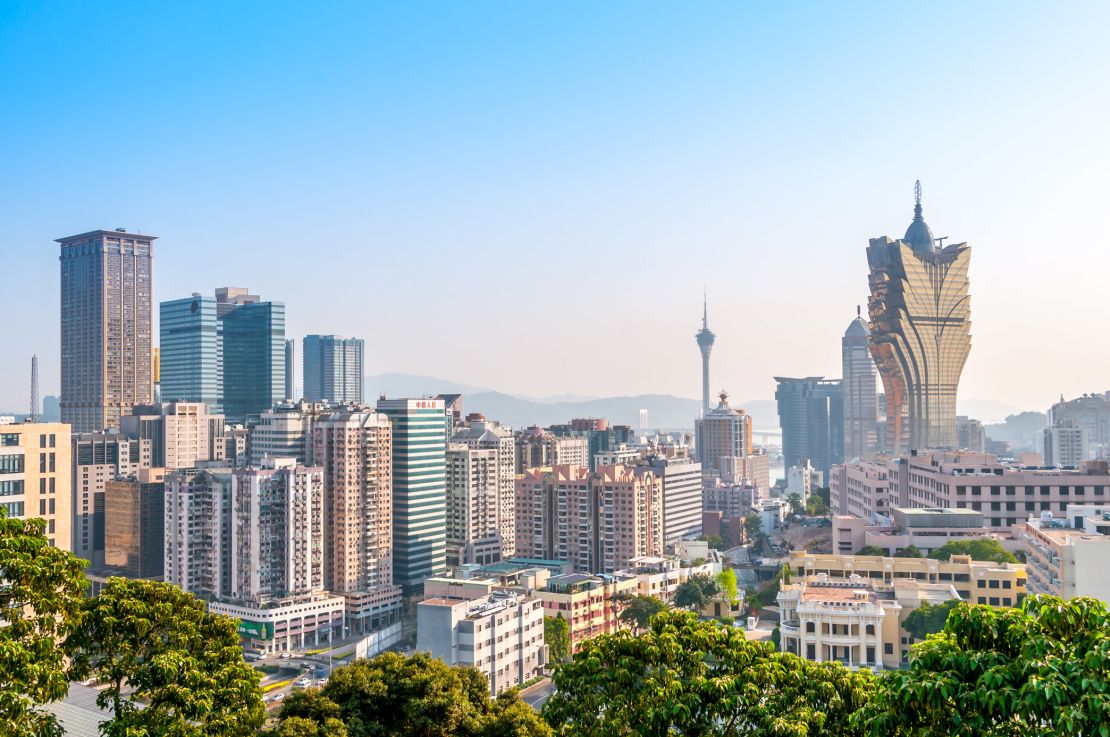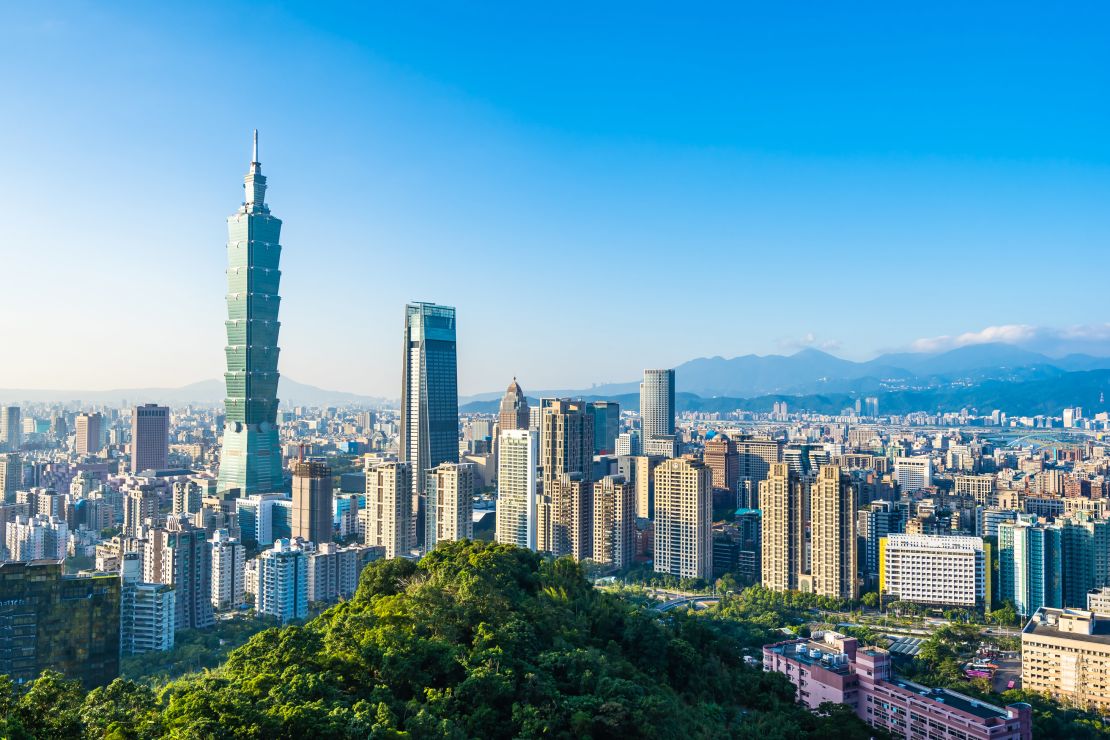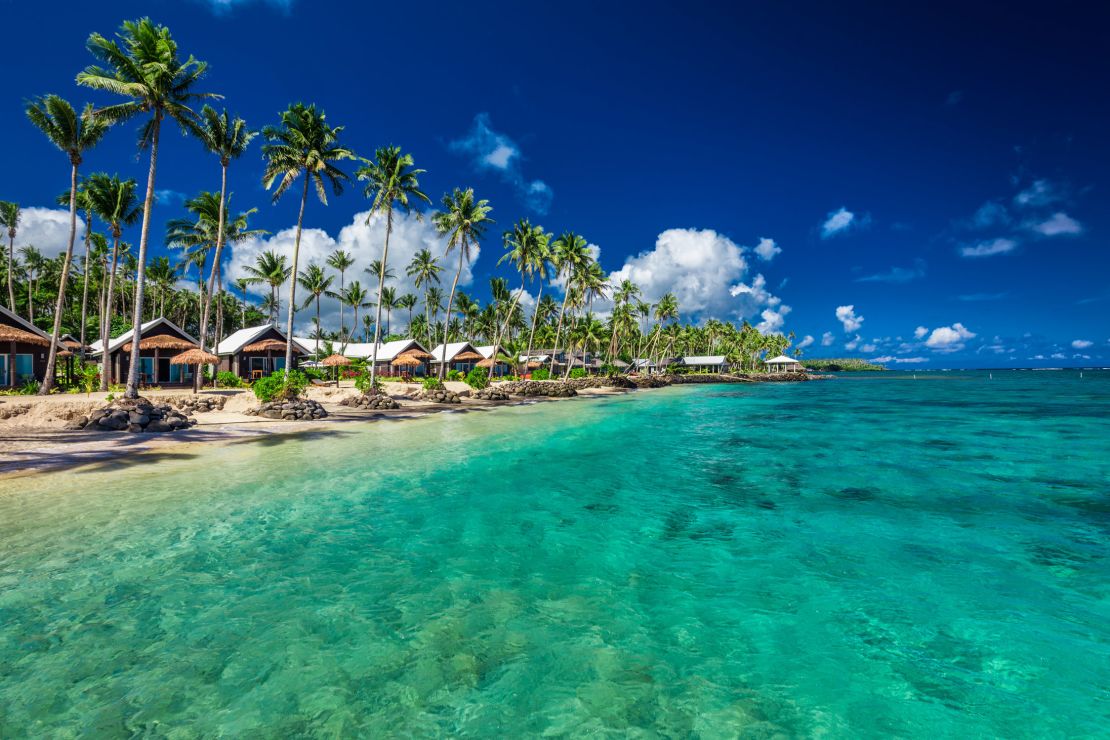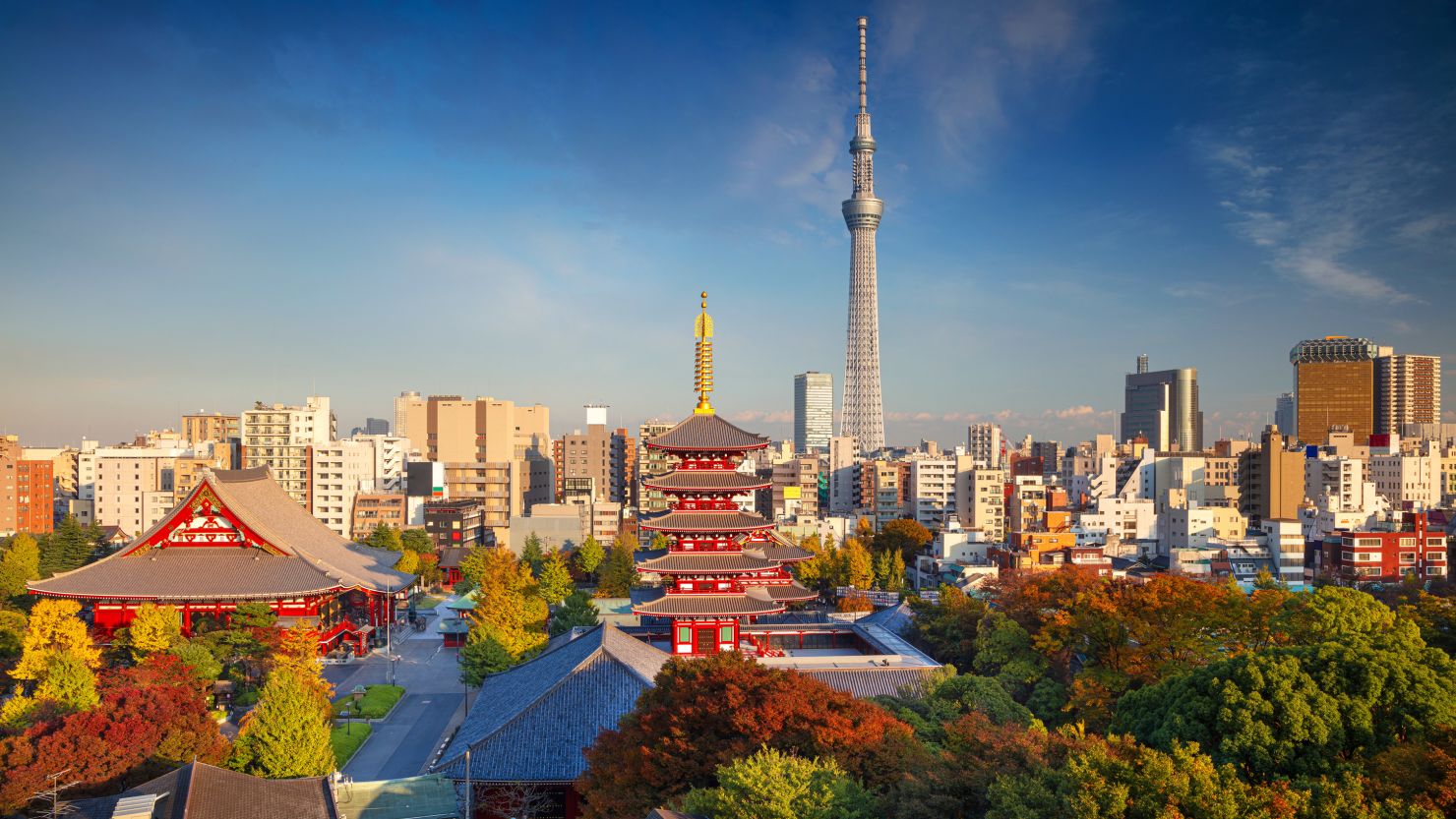Editor’s Note: Sign up for Unlocking the World, CNN Travel’s weekly newsletter. Get news about destinations opening and closing, inspiration for future adventures, plus the latest in aviation, food and drink, where to stay and other travel developments.
Over the recent Easter break, social media feeds were filled with photos of happy travelers, many taking their first overseas trips since the start of the pandemic.
Ski holidays in Switzerland. Beach breaks in Thailand. That long-promised family trip to Disney World.
In fact, so many travelers are hitting the road that experts are already predicting a summer of travel chaos lies ahead, as the industry struggles to cope in the face of reduced capacity and decreased workforces.
‘A highly uneven recovery’
A scroll through the UNWTO’s Destination Tracker reveals the majority of the places reliant on tourism dollars have dropped quarantine restrictions and are welcoming travelers – albeit some still come with a few caveats such as mandatory Covid-19 tests on arrival, tests before you fly, mandatory quarantines if tests come back positive and so on.
But while most of world’s popular destinations have reopened, there are a few tourism favorites that remain off limits to leisure travelers – regardless of their willingness to test, get vaccinated and quarantine.
And the bulk of them are in the Asia-Pacific region.
“We are beginning to see the early signs of a recovery with markets such as Singapore, Malaysia, Thailand, Indonesia, Vietnam, Australia and Cambodia relaxing their restrictions and initiating a recovery,” says Liz Ortiguera, CEO of the Pacific Asia Travel Association (PATA), which is made up of 650 member organizations, including government tourism bodies, travel agencies and airports.
“However, there remains a number of major markets in the region that are virtually closed from an international capacity perspective. The region as a whole is experiencing a highly uneven recovery.”
Japan eases entry restrictions – but tourists still left out

Tourists keen to hit the fish markets of Tokyo will have to wait a bit longer to get their sushi fix.
Japan continues to relax its strict entry measures – the limit on the number of new arrivals per day has been raised to 10,000 persons effective April 10, 2022 – but this does not include leisure tourists.
For the moment, citizens, residents, researchers, students, residents’ family members and business travelers with prior approval can enter. Some face quarantine, depending on where they are arriving from.
So when will Japan reopen to holidaymakers? The question of timing came up during a press conference held by Prime Minister Fumio Kishida on April 8; however, no specific plan was announced.
“We will have to continue to make appropriate decisions based on the infection situation and international movements in each country,” he said. “It has not been determined yet.”
China battles to contain outbreaks

Much has been said about how the world’s tourism economy won’t truly recover until China’s citizens are able to travel abroad again.
In 2019, the number of outbound tourists from China hit 155 million, according to the China Tourism Academy, making it the world’s largest market for outbound travel.
For now, Chinese citizens are strongly discouraged from traveling abroad and those who do face at least two weeks of quarantine upon return, sometimes more.
But what about foreign tourists willing to put in the quarantine time in return for a holiday?
Those wishing to fulfill their lifelong dream of walking along the Great Wall will have to wait to take those steps. Foreign nationals are not permitted to enter for leisure tourism at this time.
As for a reopening timeline, back in October 2021 the head of the Chinese Center for Disease Control and Prevention said China may open its borders after it vaccinates over 85% of its population “by early 2022.”
Though that vaccination target has been met, the country remains committed to its zero-Covid strategy as it struggles to contain outbreaks in several cities, making it highly unlikely global tourists will be welcomed back in the near future.
Macao not ready to bet on reopening, HK eases the door open a crack

Bad news for travelers wanting to hit the tables in Asia’s most famous gambling destination and enjoy some Macanese cuisine. There haven’t been any signs that Macao will be opening its borders to the world anytime soon.
Tourists are still prohibited from entering the special administrative region, with the exception of visitors from mainland China, Hong Kong and Taiwan. And even those who can enter have to quarantine for two weeks, with the exception of those arriving from certain Chinese cities.
According to one government news release issued in mid-April, business travelers and students from outside mainland China, Taiwan and Hong Kong will also be permitted to enter in the near future. But few details have been given.
Meanwhile, Hong Kong officials have announced that from May 1, the city will allow non-residents to enter for the first time in over two years. Though technically it will be possible to visit as a tourist, a 7-day quarantine awaits and flight cancellations are a regular occurrence.
No firm reopening date from Taiwan

Taiwan, one of Asia’s favorite culinary destinations, has been easing its travel restrictions over the last two months.
Foreign business travelers have been allowed to visit the island since March 7. From April 12, foreign relatives and Taiwan residents with a valid alien resident certificate have been able to apply to visit as well.
Other travelers now welcome include those with a work/study visa, those coming for investment or business purposes, or visitors entering on humanitarian grounds.
And they’re all subjected to 10 days of hotel or home quarantine.
Leisure tourists, however, are still unable to visit.
As more destinations are reopening their borders, Chen Shih-chung, Taiwan’s Minister of Health and Welfare, said in February that the island had to consider easing travel restrictions so it wouldn’t lag behind in terms of economic development.
Without offering a concrete reopening date, Chen also said that the current restrictions would be further lifted and non-business travelers will be allowed entry if the spread of the virus remains under control.
Several Pacific islands remain off limits

According to a report titled “Asia’s Travel-Ready Index 2022,” released by the Economist Intelligence Unit (EIU) last week, island nations including Vanuatu and Fiji are among the most dependent on tourism in the region.
Fiji, where tourism accounts for 40% of the economy, reopened in late 2021. It tops the EIU’s travel-readiness index, which looks at the three factors that might affect international tourists’ sentiment: vaccination coverage in the destination; the ease of traveling to the destination; and quarantine requirements when they return to their place of residence.
Other Pacific island destinations that have reopened to tourists include Tahiti, Palau and the Cook Islands.
But a number of places in this region remain closed to holidaymakers, including Samoa, Vanuatu, the Federated States of Micronesia, Marshall Islands, Tonga and the Solomon Islands.
PATA CEO Ortiguera notes that circumstances are unique and each destination needs to judge its readiness level and timing to reconnect with the outside world as they manage the challenging balance of lives versus livelihoods.
“And to borrow an analogy used during a recent WHO briefing – each nation must navigate their unique path down the mountain from this pandemic impact,” she says.
“If I look at Singapore as an example, the nation aggressively managed down Covid transmissions and is now navigating a successful exit to reopen the market. I’m confident that these measures have laid a strong foundation for a sustained recovery.”
CNN’s Junko Ogura, Maggie Hiufu Wong and CNN’s Beijing bureau contributed to this report.

